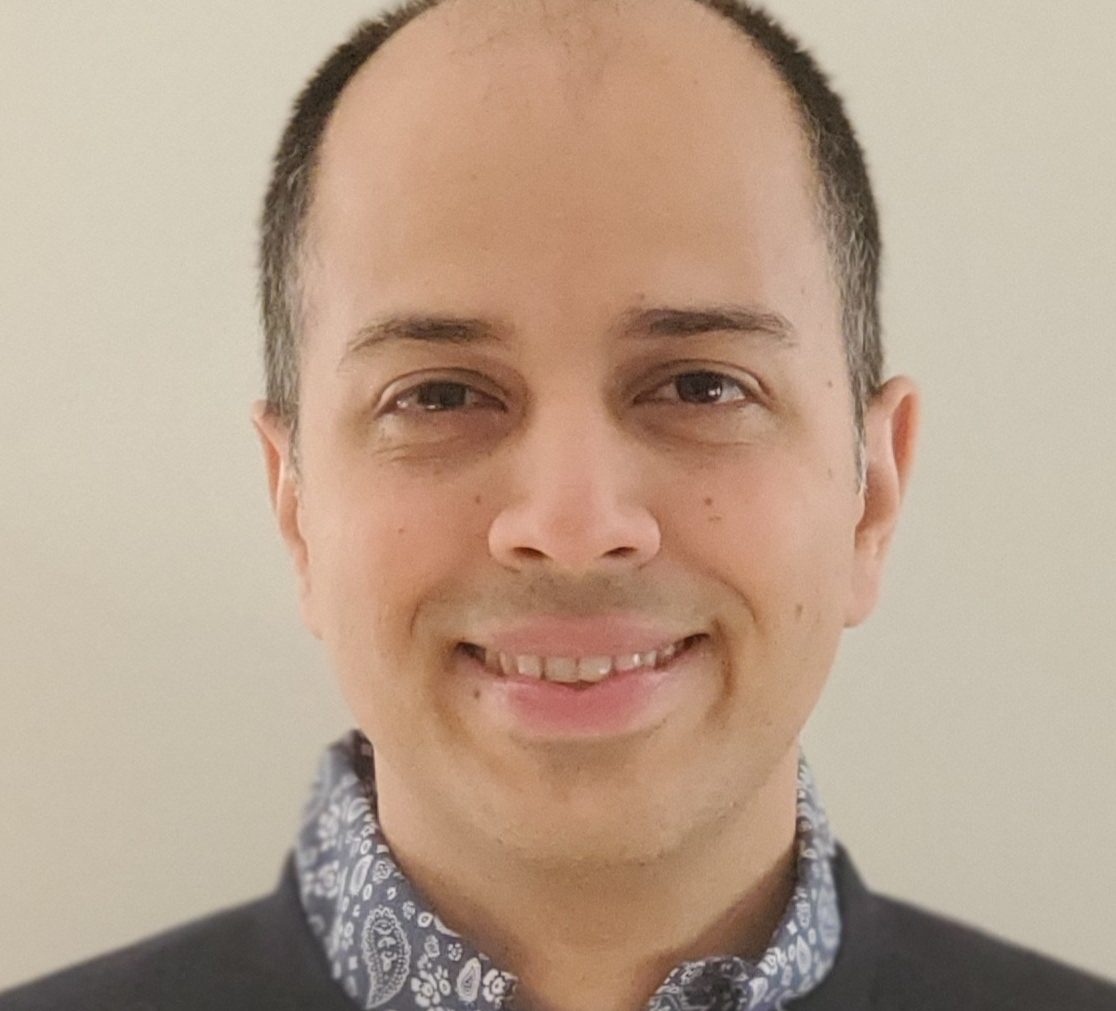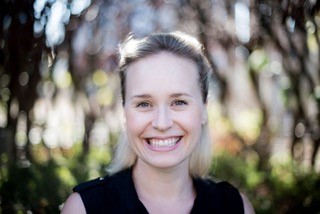Q1. Professor Menzies, congratulations on being elected as one of two Vancouver Faculty Representatives to UBC’s Board of Governors in December 2016. Why did you stand and what do you are your goals for your term?
I have always had a strong belief that we are obligated to participate in the governance of our neighbourhoods, our communities, and our workplaces. I further believe that it is not sufficient to critique, but that critique must be based in action. Having watched the turmoil in UBC’s governance this past year, I felt that we needed to ensure that we have voices in our governance agencies that are not simply content to go along to get along. Over my years at UBC (I started here in 1996) I have been actively involved in our community. I have served several terms on the UBC Faculty Association Executive. From 2012 to 2016 I served as an elected resident director on the University Neighbourhoods Association Board, the erstwhile municipal council for non-student residents on campus. I have also participated in civil society organizations on campus and in our community whose goals are premised upon social justice. All of this led me to offer my name for office. I am honoured by the confidence that my colleagues have placed in me by electing me as a faculty member of the Board of Governors.


Q2. You have spoken publicly of your commitment to transparency and engagement. How does your work as an anthropologist shape or frame such commitments?
Well, it’s been a long standing personal commitment to political engagement that brought me to anthropology. Anthropology is a way of making sense of the world, but it’s fraught with contradictions. I find a certain irony in having become a professional anthropologist given that our discipline’s roots lie in a Eurocentric imperial parentage (to paraphrase Kathleen Gough). That said, anthropology has a way of seeing that uniquely helps make sense of the world. Anthropology done right solves puzzles, provides answers to pressing social questions, and adds nuance to our understanding of human behaviour. All of this aids me in bringing a voice and perspective to the Board of Governors that has not been heard in that forum previously.


